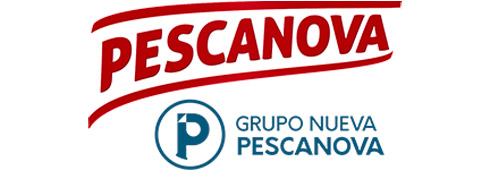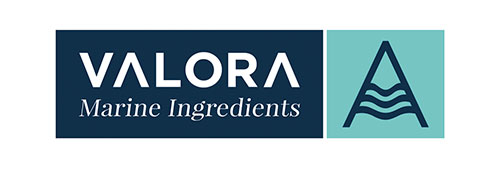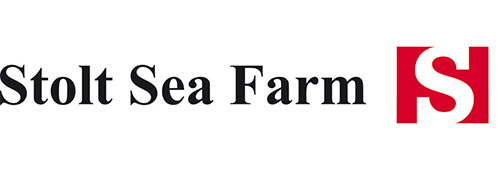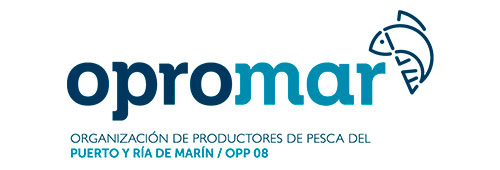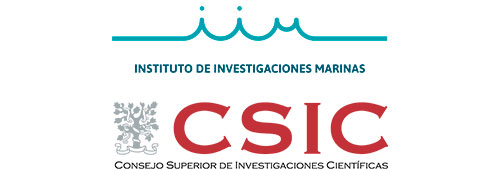

Flexible biorefinery to valorise discards and by-products of the European fish and seafood production (LIFE REFISH)
Project sheet
Name:
Spain (Galicia)
Duration:
The Project fits into the LIFE programme 2021-2027 This is the only EU funding programme entirely dedicated to environmental, climate and energy objectives. It contributes to the shift towards a clean, circular, energy efficient, climate-neutral and climate-resilient economy, including through the transition to clean energy, to protect and improve the quality of the environment.
The LIFE REFISH aims to create the first demo biorefinery for fish and seafood raw matter that, through implementing the latest technology, enables the valorisation of this currently underutilised fish and seafood resources into high value-added products with large market potential.
The consortium
Objectives and scope
The LIFE REFISH objectives & scope are:
01
To determine the composition, optimum conditions and parameters required for the pre-handling, conditioning and storage of discards.
02
03
04
05
06
Work packages
To achieve these objectives, the Project is divided into seven ‘work packages’ or activities:
01
02
03
04
05
06
07
The expected results and impacts are:
Environmental:
- Resource efficiency
- Biodiversity: Number of species
- Biodiversity: Reduced rate of fish infection with anisakis
- Reduced GHG emissions from fishing operations
Economic – societal:
- Creation of extra revenue in European coastal areas
- Creation of new job positions in European coastal areas
- Increased awareness among fishers and relevant fish and seafood industry stakeholders.
the LIFE REFISH contributes to:
The European Green Deal:
- The Farm to Fork strategy
- The EU’s circular economy action
- The zero-pollution action plan


